The International Monetary Fund (IMF) has announced its intention to closely monitor the situation in Kenya as part of its ongoing program reviews with the country.
During a press briefing on Thursday, IMF spokesperson Julie Kozack emphasized the importance of assessing current developments and making necessary adjustments to their recommendations.
This includes considerations stemming from the withdrawal of the Finance Bill 2024, a move triggered by recent demonstrations.
“At every program review, we take the opportunity to assess developments and make adjustments considering the evolving circumstances,” stated Julie Kozack, highlighting the IMF’s active engagement with Kenyan authorities.
The statement follows a recent phone call between Kenyan President William Ruto and IMF chief Kristalina Georgieva, where concerns over potential program target lapses due to the Finance Bill’s withdrawal were discussed.
Sources familiar with the call indicated that despite these challenges, there was consensus among major donors for the IMF to exhibit flexibility on program targets, contingent on Kenya demonstrating robust measures to combat corruption and enhance financial accountability.
The IMF expressed deep concern over the recent demonstrations in Kenya, underscoring its commitment to maintaining constructive dialogue with Ruto’s administration amidst the country’s political upheaval. “Our thoughts are with all those affected by the turmoil in the country,” the IMF’s statement affirmed, reaffirming its primary objective to support Kenya in overcoming economic challenges and improving the welfare of its citizens.
The decision to withdraw the Finance Bill 2024 came after significant public unrest, highlighting the delicate balance Kenya must strike between implementing fiscal reforms and maintaining social stability.
The bill, initially aimed at addressing revenue shortfalls and boosting economic growth, faced strong opposition from various sectors of society, leading to widespread protests and calls for reconsideration.
President Ruto’s administration opted to retract the bill, a move seen as a gesture towards appeasing the public and ensuring peace.
However, this decision has raised concerns about Kenya’s ability to meet its financial commitments under the current IMF program.
The IMF’s approach, as outlined by Kozack, indicates a willingness to adapt and respond to the unique challenges faced by Kenya.
By remaining flexible on program targets, the IMF shows an understanding that rigid adherence to predefined goals may not always be feasible in the face of dynamic and unpredictable political and economic landscapes.
This flexibility, however, is not without conditions.
The IMF’s continued support hinges on Kenya’s commitment to combating corruption and improving financial accountability.
These measures are crucial for ensuring that any financial assistance provided is used effectively and transparently, ultimately benefiting the Kenyan populace.
Kenya’s situation is a reminder of the complex interplay between economic policy and social dynamics.
The IMF’s active monitoring and readiness to adjust recommendations reflect a pragmatic approach to international financial assistance, one that takes into account the realities on the ground.
The ongoing dialogue between the IMF and Kenyan authorities will be vital in shaping the country’s economic future and ensuring that it remains on a path towards sustainable development.
The IMF’s announcement underscores its commitment to closely monitor Kenya’s situation and adapt its program reviews as necessary.
This proactive stance aims to support Kenya through its current challenges, emphasizing the importance of flexibility and robust governance in achieving long-term economic stability and growth.







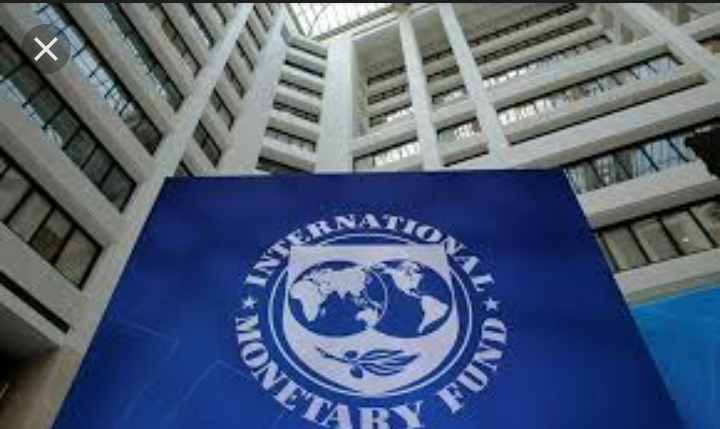


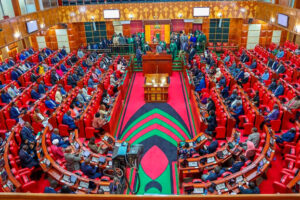


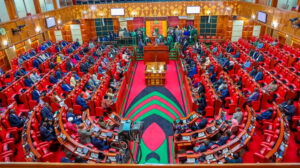


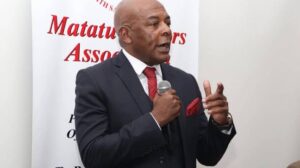



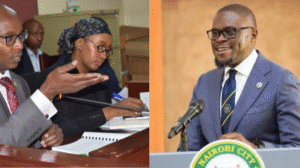
Add Comment